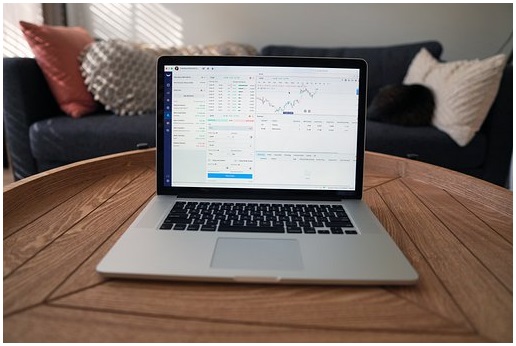Want to Get Into Day Trading? Here's How to Get Started

Many people have been people trading online in stocks and shares and studying cryptocurrencies. People who call themselves active traders hold their financial activities in place for several days, whilst investors maintain their position for longer. But what about day traders? What do they do, and how can someone begin this activity? Let's find out now.
Decide On Specific Strategies
Traders who are new to this are advised to select a couple of strategies. The game plan is that if one of the bombs, the other may help absorb the loss. Over time a person can add additional strategies as they learn more, succeed more, and become more confident.
Fortunately, it is possible to gain a lot of helpful information online. When researching these strategies a person may consider the Trailing Stop Loss Order method. People are actively wanting to learn how to use price action and trading indicators, such as Bollinger bands. They desire to know the difference between stop limit orders and aggressive trailing.
Combine The Strategies With A Trading Plan
Before a single activity has been undertaken, a day trader will have to decide how much money they will use for each transaction. They should have selected a specific asset, and chosen how often to buy and sell it.
There are also such things as entry and exit strategies to consider as part of the plan.
Understand The Job Description
Day traders will need to spend large amounts of their day buying and selling securities. Unlike active traders and investors, they close their positions before the end of the day, when the market closes.
Such traders scour the online markets using their predetermined strategies. As soon as security changes price (which can occur very quickly) they take a specific course of action designed to make a profit.
Be Knowledgeable About Trading Markets
The ideal trader will have a strong mathematical bias. It's essential they understand financial securities in detail. This would include knowing the difference between mutual funds and ETFs (Exchange Traded Funds), and stocks, options, and futures. If there is a gap in someone's knowledge, this would create a vulnerability that could cost them dearly.
A would-be trader will also need to understand how the financial markets respond to the daily news. Anyone who has a background in finance will find it immensely advantageous, such as financial advisors or insurance workers.
Have A Strong Financial Buffer
It is true that a layman could begin with small amounts of money at first. The problem is they may not weather the storm if they make continuous daily losses. A person's dream of being a day trader full time could be quickly extinguished this way.
Having a strong financial cushion can enable someone to still be active after a week of daily losses. The professionals often recommend that someone has $100,000 in the bank before they even set out. It is then suggested that they keep one-tenth of that in a trading account.
Try Trading Virtually First
Some broker accounts enable people to try out their new strategies in a virtual environment. They buy and sell, and monitor their success before stepping out into the markets with real money.
Another method would be to choose a financial activity, then to use historical data to see if this would have worked previously.
Be Your Own Trading Advisor
Successful day traders excel at estimating potential profits in advance. They choose how much money to play with on each transaction.
If a good day trader has spread their activities using ten strategies, they may still make a profit if only half of these come good. Failure is a part of normal trading life, and even the best people have bad days or even a week of failure before things improve.
Allow For Broker Costs
Day traders rely on the services that brokers can provide, but some of these are not free. It's therefore important to factor in these costs. This is particularly important because day traders make several financial transactions a day, and each one will incur a payment to the broker.
Besides providing virtual training environments, brokers also offer such things as trading alerts and software, research tools, and historical data. It's worth paying for the most essential things, rather than spending money on entire packages.

If a person has studied and fully prepared themself, they will be ready to begin their exciting journey. There is the potential to make big losses, but conversely, there's the chance of making a fortune if you succeed.